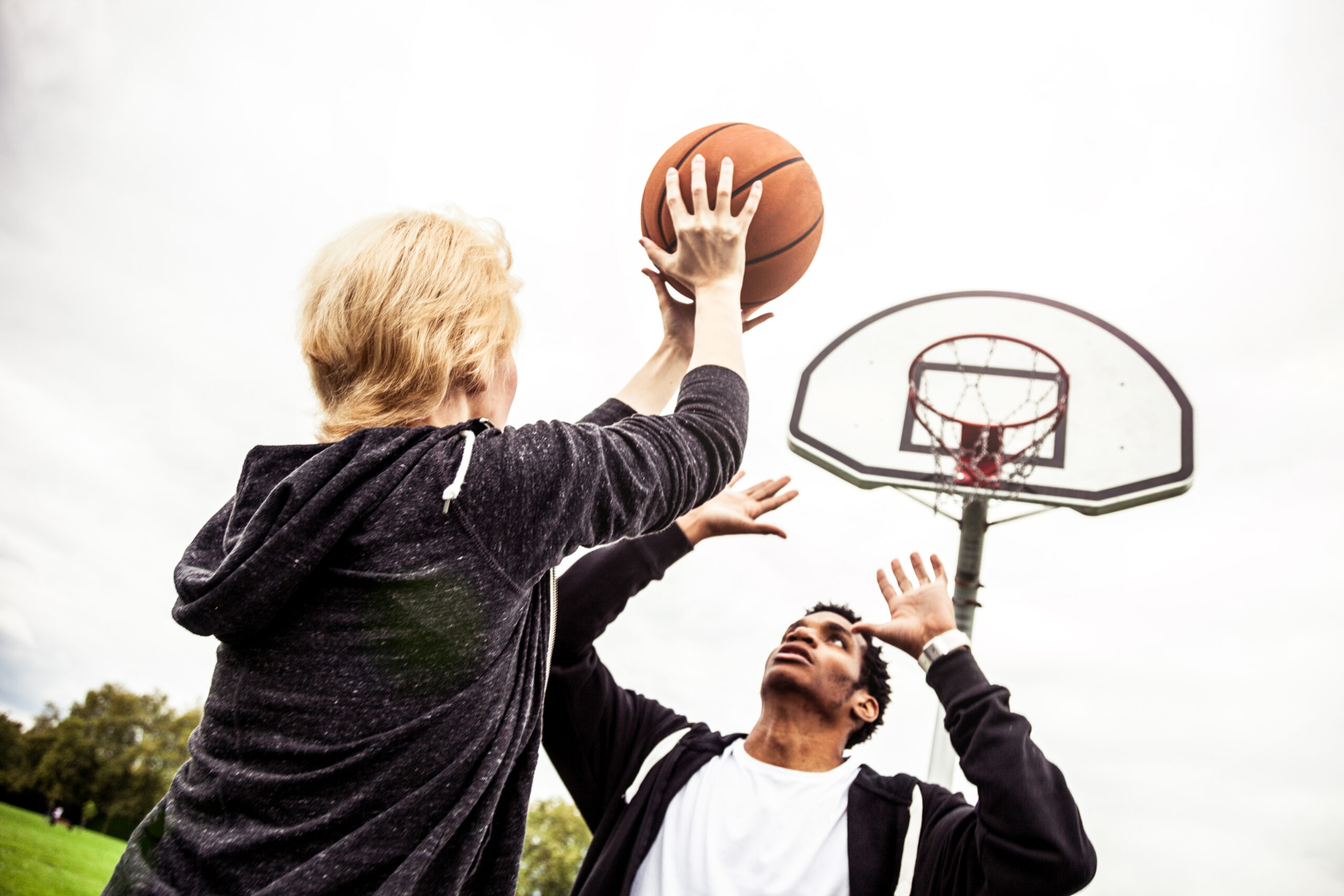Adults need around 7-8 hours per night to function well and exercise can help with this. Sleep is restorative and gives our bodies the chance to repair and heal. It can boost your outlook and mood, productivity, and performance. This then has a positive effect on your mental and physical health and wellbeing.
Not getting enough sleep can cause us to be irritable and lack concentration. Sleep deprivation can cause long term heart problems and increase the likelihood of heart disease and obesity.
Keeping active and taking regular exercise can aid our sleep by reducing stress, anxiety and depression which can often keep us awake. It can also help to reduce sleep disorders like sleep apnea and restless leg syndrome. When we’ve worked out, our bodies will naturally feel more tired and ready for rest at bedtime.
How much exercise do I need to help me sleep?
The more movements we can factor into every day, the better. NHS guidelines advise that adults should aim for 150 minutes of moderate intensity exercise or 75 minutes of vigorous activity every week. This should involve a mixture of cardio and strength training. Children and teenagers should be physically active for at least 60 minutes every day.
Is there a good time or place to exercise?
Early morning and afternoon exercise helps reset the body’s circadian rhythm (sleep-wake cycle). Exercising outdoors also helps by letting your body absorb natural sunlight during the daytime hours. Exposing our bodies to more daylight and less artificial light at night is important for our circadian rhythm.
What if I can’t spend hours at the gym?
Good news! You don’t need to. There’s plenty of scope for outside activity like jogging and cycling, or home workouts like circuits and HIIT training. If you’re new to exercise, be gentle with yourself and try not to overdo it. Make sure you warm-up to prepare our body for exertion and cool down to avoid aching muscles the next day.
Exercise bores me
It’s likely you just haven’t found your mojo yet. Have a think about what gets you excited and motivated: are you a team player who loves camaraderie and a bit of friendly competition? Try your hand at a team sport. Perhaps, you’re a lone wolf type who craves solitude? Well, maybe try running or swimming, both of which are great solo activities to get fit and reclaim some headspace at the same time.
Ask friends or family to tag along to classes they enjoy and don’t be afraid to give new things a go. Plus, if you plan to go with someone, you’re much less likely to back out.
I don’t have time to exercise
For our ongoing health and wellbeing, we should aim to make fitness a part of our daily routine. There are so many options to fit exercise into your day, with many gyms offering classes from 5.30am until 10pm, not to mention the abundance of online workouts available to do from home.
Try and factor extra movement into your day. Always taking the stairs, walking, or cycling whenever it’s an option and even getting up to change the television channels will all make a difference to activity levels.
I feel wired after exercise, not ready for bed
Some workouts can leave us feeling pumped which is great when we’re ready to start the day, but not so good when we want to catch some zzzs. Try and leave at least an hour between exercise and bedtime, this’ll allow your adrenaline and cortisol levels to decline. Your body temperature naturally drops after exercise which can make it easier to nod off.
I never get a good night’s sleep, exercise or no exercise
It can feel like that sometimes, here are a few tips that might help:
- Try and get into a good sleep routine and stay consistent
- Cut down on caffeine and avoid it in the evening
- Avoid vigorous exercise before bedtime
- Create a restful environment
- Avoid screen time in the hours before you go to sleep
- Aim to eat at least 3 hours before bedtime so your body isn’t struggling to digest food
- Have a notepad next to your bed, use it to write down any thoughts whirring in your head and preventing you from getting to sleep
Good quality sleep is crucial for our muscles and organs to repair and rejuvenate, it should be as much a priority as diet and exercise. To have the most success with weight loss, we need to take care of all three.





